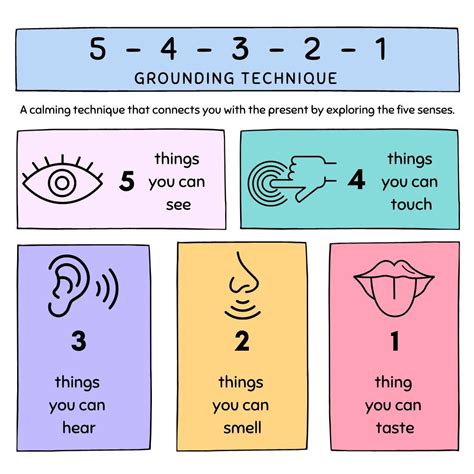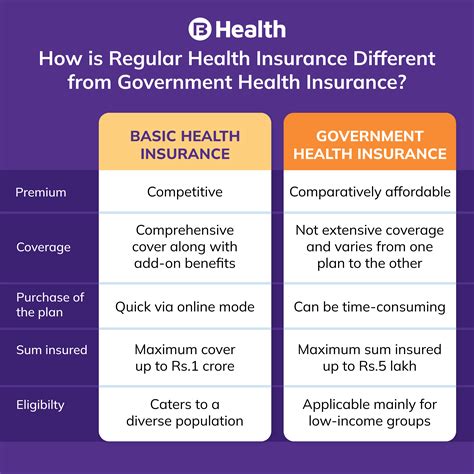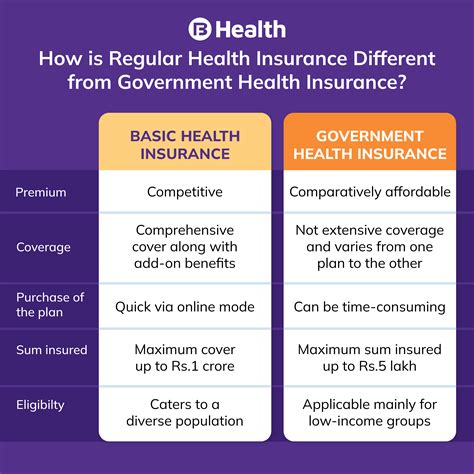Intro
Discover Government Healthcare Plans, including Medicaid, Medicare, and CHIP, offering affordable medical coverage, health insurance, and benefits to eligible individuals and families, promoting quality healthcare and wellness services.
The concept of government healthcare plans has been a topic of discussion and debate for many years. With the rising costs of healthcare and the increasing number of people without access to quality medical care, the need for government intervention has become more pressing. In this article, we will delve into the world of government healthcare plans, exploring their importance, benefits, and mechanisms.
Government healthcare plans are designed to provide affordable and comprehensive medical care to citizens, regardless of their income or social status. These plans are typically funded through taxes and are managed by the government, which ensures that everyone has access to quality healthcare. The importance of government healthcare plans cannot be overstated, as they play a critical role in promoting public health, reducing healthcare disparities, and improving overall well-being.
The benefits of government healthcare plans are numerous and well-documented. For instance, they provide financial protection to individuals and families, shielding them from the high costs of medical care. They also promote preventive care, encouraging people to seek medical attention before minor issues become major problems. Furthermore, government healthcare plans help to reduce healthcare disparities, ensuring that everyone has access to quality medical care, regardless of their background or socioeconomic status.
Types of Government Healthcare Plans

Medicare
Medicare is a federal program that provides health insurance to people 65 and older, as well as certain younger people with disabilities. It is divided into several parts, including Part A, Part B, Part C, and Part D. Part A covers hospital stays, skilled nursing care, and hospice care, while Part B covers doctor visits, outpatient care, and medical equipment. Part C, also known as Medicare Advantage, provides an alternative to traditional Medicare, offering additional benefits such as dental, vision, and hearing coverage. Part D, on the other hand, covers prescription medications.Benefits of Government Healthcare Plans

Challenges Facing Government Healthcare Plans
Despite their many benefits, government healthcare plans face several challenges, including: * Funding: Government healthcare plans are typically funded through taxes, which can be a challenge, especially in times of economic downturn. * Administrative costs: The administrative costs of government healthcare plans can be high, which can divert resources away from patient care. * Quality of care: The quality of care provided by government healthcare plans can vary, depending on the specific program and the healthcare providers involved.How Government Healthcare Plans Work

Eligibility Requirements
The eligibility requirements for government healthcare plans vary depending on the program. For instance, Medicare is available to people 65 and older, as well as certain younger people with disabilities. Medicaid, on the other hand, is available to low-income individuals and families, while the Children's Health Insurance Program (CHIP) is available to children in low-income families.International Perspectives on Government Healthcare Plans

Lessons from Abroad
There are several lessons that can be learned from international perspectives on government healthcare plans. For instance: * Universal access: Many countries have implemented universal access to medical care, which has improved health outcomes and reduced healthcare disparities. * Preventive care: International programs often emphasize preventive care, which can help to reduce the risk of complications and improve overall well-being. * Administrative efficiency: Some countries have implemented efficient administrative systems, which can help to reduce costs and improve the quality of care.Future of Government Healthcare Plans

Challenges and Opportunities
The future of government healthcare plans is not without its challenges and opportunities. Some of the most significant challenges include: * Funding: Government healthcare plans are typically funded through taxes, which can be a challenge, especially in times of economic downturn. * Administrative costs: The administrative costs of government healthcare plans can be high, which can divert resources away from patient care. * Quality of care: The quality of care provided by government healthcare plans can vary, depending on the specific program and the healthcare providers involved.What are government healthcare plans?
+Government healthcare plans are programs that provide affordable and comprehensive medical care to citizens, regardless of their income or social status.
What are the benefits of government healthcare plans?
+The benefits of government healthcare plans include financial protection, preventive care, reduced healthcare disparities, and improved health outcomes.
How do government healthcare plans work?
+Government healthcare plans work by providing a comprehensive package of benefits to eligible individuals and families, including doctor visits, hospital stays, prescription medications, preventive care, and mental health and substance abuse treatment.
What are the eligibility requirements for government healthcare plans?
+The eligibility requirements for government healthcare plans vary depending on the program, but most plans are available to low-income individuals and families, as well as certain vulnerable populations such as children and people with disabilities.
What is the future of government healthcare plans?
+The future of government healthcare plans is uncertain, but there are several trends and developments that are likely to shape the landscape of healthcare in the years to come, including an increased emphasis on preventive care, expanded access, and improved administrative efficiency.
In conclusion, government healthcare plans play a critical role in promoting public health, reducing healthcare disparities, and improving overall well-being. As we move forward, it is essential to continue to evaluate and improve these programs, ensuring that they meet the evolving needs of citizens and provide high-quality, affordable medical care to all. We invite you to share your thoughts and opinions on government healthcare plans, and to join the conversation on how we can work together to build a healthier, more equitable future for all.
